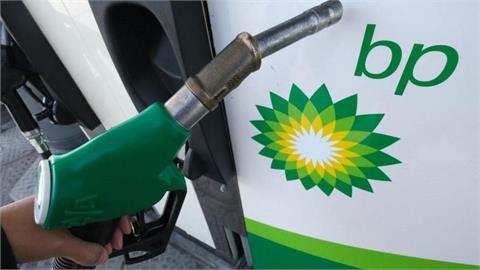"There is nothing outside of the text" said the French philosopher Jacques Derrida. His method of operation was not to get caught up in distracting themes, but to focus on the building blocks of the text instead.
That is hard to do, when the subject in question is North Sea oil. Big picture themes abound here, from Scottish independence to employment and the economy. But focus on the (slowly rusting) nuts and bolts of the matter - production facilities are ageing, and the decommissioning process will take decades.
So look at the companies which will be taking those nuts and bolts apart. Oil & Gas UK, the industry's lobby group, believes that between 2014 and 2023 oil companies will spend £14bn plugging North Sea wells and removing infrastructure. Wood Mackenzie says that spending on decommissioning will exceed that of developing oilfields in the North Sea from 2022.
That £14bn is not much against the £12bn a year that oil companies in the UK pay the oil services industry. But energy companies face the choice of keeping high cost oilfields going or paying to shut them down. Marathon, for example, will probably need to consider doing something with its Brae field. Production, which peaked at 120,000 barrels a day should cease in four years. Help is available. Most decommissioning costs can be deducted for tax purposes. So the decommissioning industry may grow faster even if oil prices stay low. Already, production in the UK North Sea has fallen steadily, down by about two-thirds since 2000.
But decommissioning has hardly begun, and even the supply chain for this industry is young. Engineering groups such as Wood Group and AMEC, offshore specialists such as Saipem and Subsea 7 and specialist companies such as Able should all be busy. The North Sea should become one large deconstruction project over the coming couple of decades. That should keep Derrida fans happy.
(Financial Times)



